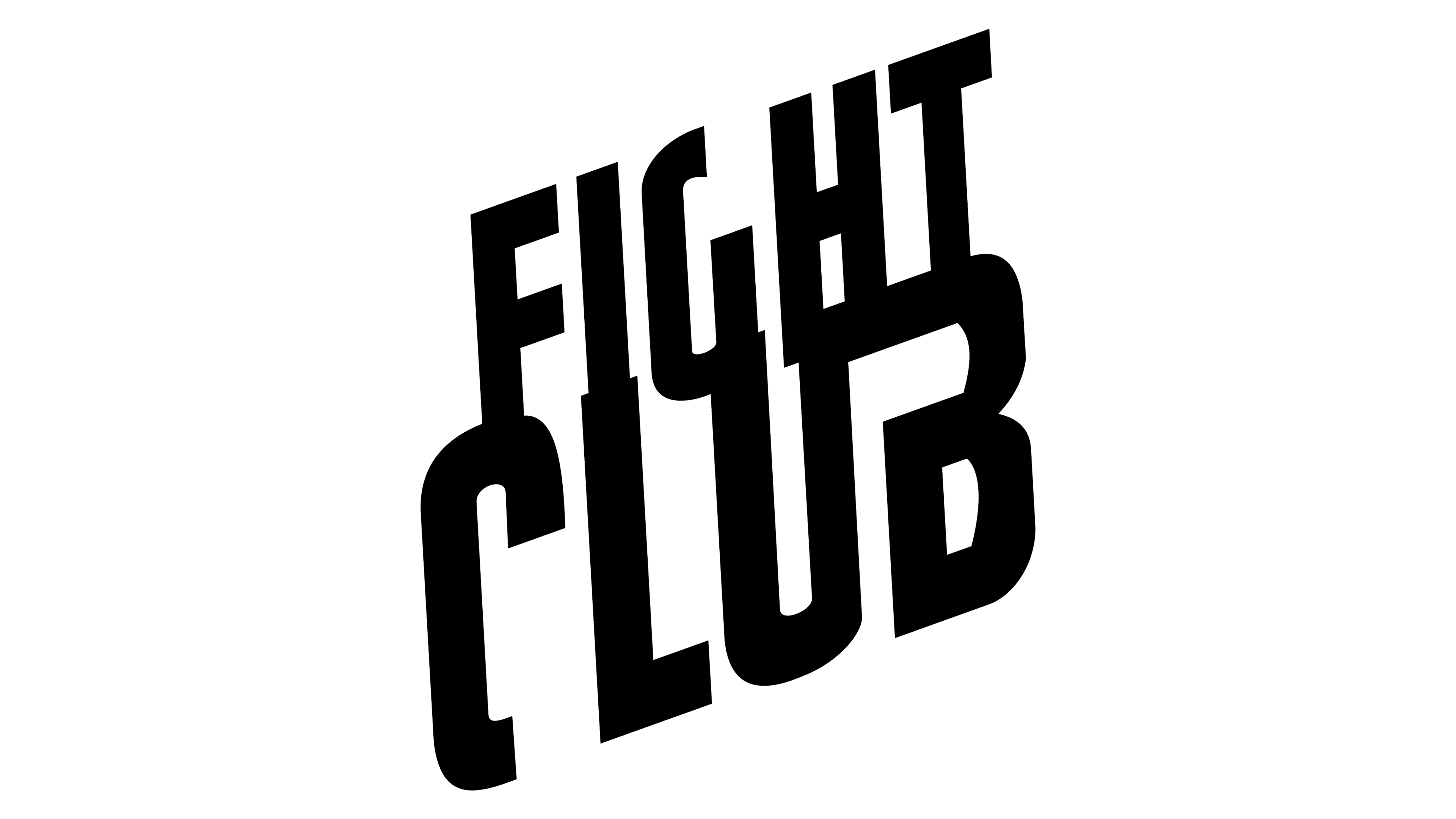Fight Club Logo
Fight Club emerges as a darkly intriguing narrative, born from the mind of Chuck Palahniuk. Its roots trace back to the gritty ambiance of Portland, Oregon. This novel paints a vivid picture of disillusionment and identity crisis, cleverly weaving in themes of consumerism, freedom, and the quest for meaning beyond material possessions. At its core, Fight Club serves as a platform for the disenchanted to challenge societal norms, embracing chaos to find liberation.
Meaning and history
Chuck Palahniuk penned “Fight Club” after a camping fight. Publishers initially rejected its darkness. Published in 1996, it shocked many. Its sales were modest, yet it attracted a cult following. Director David Fincher adapted it into a film in 1999. The movie, starring Brad Pitt and Edward Norton, initially received mixed reviews. Critics found it too violent and nihilistic. However, its portrayal of disillusionment resonated with many. Over time, “Fight Club” gained critical acclaim. It’s now hailed as a critique of consumerism and identity crisis. The phrase “The first rule of Fight Club” became iconic. Palahniuk’s novel and Fincher’s film continue to influence culture, sparking debates on masculinity and societal norms.
What is Fight Club?
Fight Club is a narrative that delves deep into the psyche of the modern individual, challenging the chains of consumer culture. It’s a story where physical combat becomes a path to spiritual awakening, set against the backdrop of a society in quiet desperation. At its heart, Fight Club is a call to break free from societal expectations, exploring the depths of identity and personal freedom.
1999
The logo presents a stark, monochrome contrast with bold, sans-serif typography. Letters, towering and assertive, interlock in a tight embrace, evoking the intensity and interconnectedness of combat. The “I” in “FIGHT” aligns assertively with the “L” in “CLUB”, symbolizing the unity within the chaos that the brand represents. It’s a minimalist yet powerful visual statement that captures the essence of confrontation and camaraderie. The simplicity of the black and white palette speaks to the raw, unadorned truth at the heart of the Fight Club ethos.











